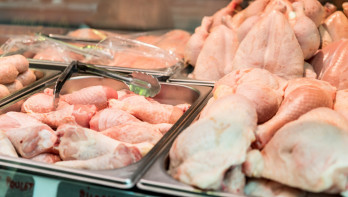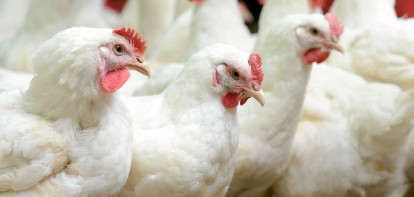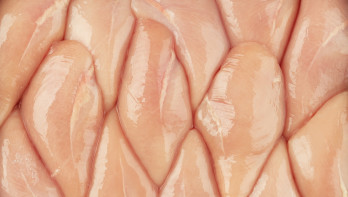Analysis Chicken & Poultry
Catholic Brazil is the exporter of halal chicken
It may sound a bit strange for a strict Catholic country, but traditionally Brazil is the world's largest exporter of halal chicken. The situation arose because historically the Middle East has been Brazil's most important export market. Export to these markets has been more or less constant for years. However, the demand for Brazilian halal meat continues to grow due to the increasing demand in North Africa and Islamic countries in Asia.
According to the Brazilian government's statistics bureau, Brazil exported 2.2 million tons of halal chicken in 2023. That's about 40% of the 5.14 million tons of chicken meat the country exports each year. This percentage has been more or less constant for years, as the growth of the halal market is roughly parallel to the growth of the chicken meat market. Remarkably, Brazil's export of halal chicken in 2023 also accounted for 40% of all halal chicken meat exported worldwide.
Brazilian halal chicken is largely destined for export. Estimates of the Islamic population in the South American country vary from 400,000 to 500,000 Muslims to around 1.5 million Muslims. Brazil had over 216.4 million inhabitants in 2023. Assuming the highest estimate, 0.7% of the population is Muslim. 95% of Brazilian halal chicken is destined for the Middle East, North Africa, or Islamic countries in Asia. By the end of 2023, the country had more than 300 halal meat exporters.
This large-scale Brazilian halal market emerged because historically South America has been selling substantial volumes to the Middle East. Annual exports to this region have varied roughly between 1.3 million and 1.6 million tons over the past ten years. These volumes historically make the Middle East the most important export market for Brazil. However, due to strong demand growth for chicken in China, the Asian markets surpassed the Middle East in 2018 as the most important region.
Market Share
It is not surprising that the two wealthiest countries in that region, Saudi Arabia and the United Arab Emirates, are the main destinations. Brazil exports just under 750,000 tons of chicken meat to Saudi Arabia annually, providing about half of Saudi poultry meat exports. In 2023, the country imported about 1.5 million tons of poultry meat.
Brazil exported around 300,000 tons of chicken meat to the United Arab Emirates (UAE). In practice, Brazil is almost a monopoly in that country. Brazilian chicken had a market share of 78.5% in 2022, according to a report from the U.S. Department of Agriculture (USDA). Data for 2023 is not yet complete, but based on available data, USDA expects the market share to rise above 80%.
Growth
It is expected that the share of the halal market will continue to grow along with the growth of conventional Brazilian poultry exports. The growth is likely to come from North African and Asian Islamic countries. In these countries, Brazil's market share is smaller, and the potential for meat consumption growth is significant. Brazil is well aware of this and is working hard to open up the path to these markets. In October 2023, Brazil signed agreements with Algeria and Malaysia to allow imports of poultry meat.



